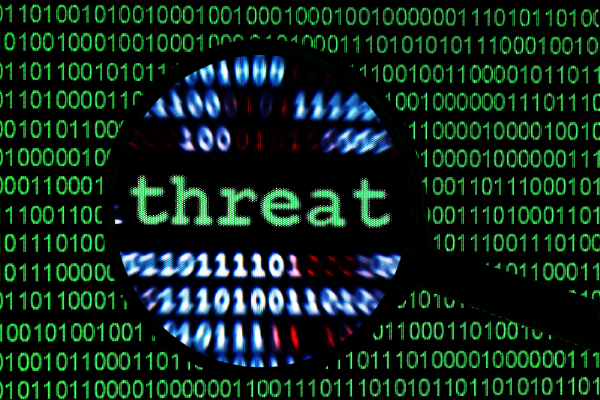The events set in motion on Patriots’ Day not only dropped a catastrophe into our lives but suddenly shook up our view of our city, our Marathon, and ourselves in relation to them. We find ourselves returning to some of the understandings that we underlined in September 2001. Assimilating such a radical change in our understanding of ourselves and the world can be personally and collectively disorienting. Although the process of adjusting to an altered reality is not entirely subject to deliberate and conscious management, there are some recommended ways to deal with it.
Beyond returning to a sense of normalcy, the ultimate goal is also to empower ourselves as individuals and as communities to be a force for healing. While depressive symptoms are normal following any significant loss, positive action is one of the most effective antidotes. As we have already seen, it enables many people to live heroically amid extremely adverse and dangerous circumstances, deepening rather than dulling their sense of humanity and compassion. Here are some additional strategies to help us move beyond feelings of sadness and powerlessness:
- Respect your own feelings and your own process of adjustment. As intrinsically social beings, most find it helpful to share their reactions and feelings with others. Talk with friends and family. Journal, talk to a counselor or clergy person, write a letter. Stoic avoidance or denial of feelings can result in physical, psychological or behavioral symptoms later on. Everyone experiences tragedy differently, so don’t expect yourself or anyone else to recover in the same way or at the same rate.
- Remember that no feeling is either good or bad; it is simply data about how something is affecting you. How you express the feeling, however, can be helpful or harmful. For example, most of us are likely to experience some level of anger in reaction to these events; anger is infused with energy that can be directed constructively, while of course thoughtless, destructive venting of anger makes one a participant in the same negative energy from which terrorism itself derives. (Unexpressed anger is thought by many to fuel depression.)
- Take extra good care of yourself and those nearest and dearest to you. Stressful events, especially catastrophic events, impose strains on the mind and body that can be mitigated by adequate sleep, healthy diet, appropriate exercise, social interaction, quiet time, prayer or meditation, and laughter.
- Take time to re-evaluate what’s important to you. Re-order priorities and modify your life accordingly. Reach out. Enjoy time with family members. Mend or strengthen relationships. Seek professional or clerical help if necessary.
- Balance your need for news and information with activity that permits a complete change of focus and mood: listen to music, play with the kids, ride your bike, walk in the woods.
- Find ways to make a difference in your daily routine. Show kindness and patience in how you drive, treat strangers, interact with family or co-workers. Volunteer to help in local services, i.e., Red Cross, shelters, literacy programs, Big Brother or Sister.
- Educate yourself; be involved in democratic processes, support sound national policies that serve American values and promote peace, truth, justice and understanding rather than violence.
- Utilize spiritual resources. In a broad sense, this can include a faith community, 12-step program, meditative practice, etc. Devoting time to such activities, states of mind, and connectedness to community has been shown to be beneficial to physical and mental health. The familiar 12-step slogan “One Day at a Time” can be particularly helpful in getting through periods of high stress and change.
The process of adjustment to a major life disruption, though it varies in form among individuals, is a universal human experience. It permits a psychological restructuring, eventual acceptance, and ability to move forward creatively and constructively, often with greater compassion, a broader vision of self, and a stronger commitment to one’s role in the world.
God grant me the serenity to accept the things I cannot change, the courage to change the things I can, and the wisdom to know the difference.



